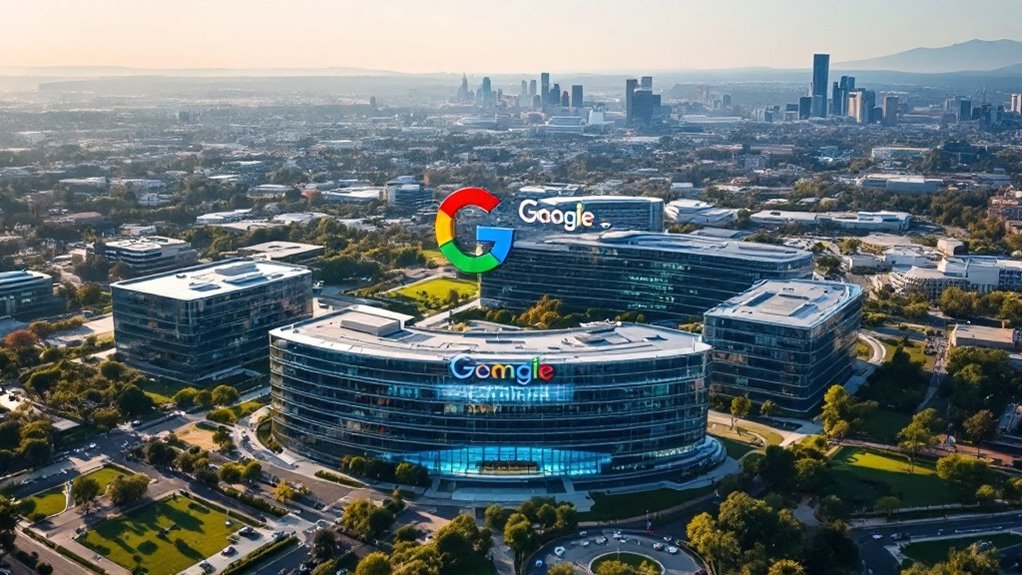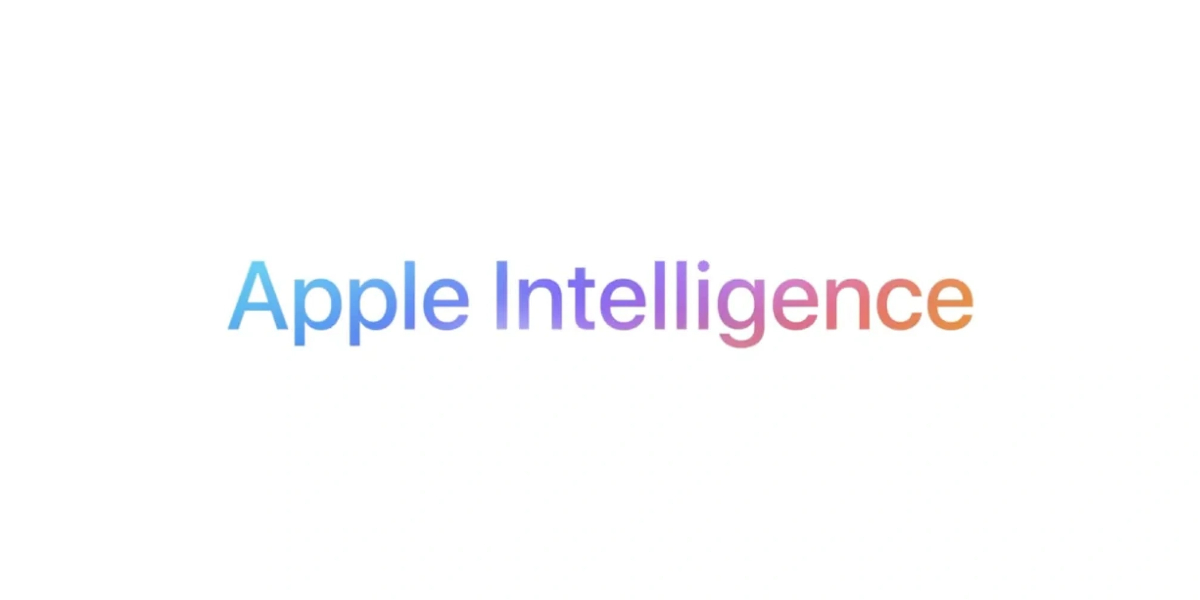Gemini AI is owned by Google, with Alphabet Inc. serving as the ultimate corporate parent. Developed through collaboration between Google DeepMind and Google Research, this multimodal system processes everything from text to video. The impressive tech (scoring 90% on MMLU benchmarks!) represents Google’s strategic push to compete with OpenAI’s GPT-4. While Sundar Pichai provides leadership, hundreds of engineers deserve credit for bringing this AI assistant to life. There’s quite a tech empire behind your friendly neighborhood chatbot.
When it comes to the question of who controls one of the most powerful AI systems on the planet, the answer is invigoratingly straightforward—though the implications are anything but. Gemini AI is owned by Google, with Alphabet Inc. serving as the ultimate corporate parent pulling the strings behind the digital curtain. If you’ve been wondering who to thank (or blame) for those eerily human-like responses, now you know where to send the fruit basket.
Behind every eerily human response lies Alphabet Inc., Google’s corporate parent quietly orchestrating the Gemini AI show.
The development of Gemini represents a fascinating corporate alliance between Google’s various AI powerhouses. Google DeepMind and Google Research form the backbone of the operation, combining their considerable brainpower to create an AI that can understand images, text, and pretty much anything else you throw at it. As a multimodal system, Gemini can process and understand text, audio, images, and video inputs simultaneously. Kind of like that friend who’s good at everything, except Gemini doesn’t need sleep or snacks.
Leadership at the helm of this AI juggernaut reads like a who’s who of tech royalty. Sundar Pichai, Google’s CEO, drives strategic direction, while DeepMind’s Demis Hassabis guides the technical vision. Perhaps most intriguing is the return of Google co-founder Sergey Brin, who emerged from retirement to personally contribute to Gemini’s development. Talk about a passion project!
The collaboration doesn’t stop at the executive level. Hundreds of engineers from both Google Brain and DeepMind worked together to bring Gemini to life, carefully filtering training data and scaling up its architecture. Gemini Ultra has demonstrated its impressive capabilities by outperforming human experts on the MMLU benchmark with a score of 90.0%. The company has also launched a premium edition of Gemini available at $20 per month as part of its revenue diversification strategy. Their collective effort has resulted in an AI system that’s now being integrated across Google’s vast ecosystem of products and services.
Google’s ambitions for Gemini are anything but modest. With a target of 500 million users by the end of 2025, the company is positioning Gemini as its answer to OpenAI’s GPT-4 and other competitors in the increasingly crowded AI marketplace.
For a company looking to diversify beyond search advertising revenue, Gemini represents not just technological achievement but strategic necessity in the evolving digital landscape.









